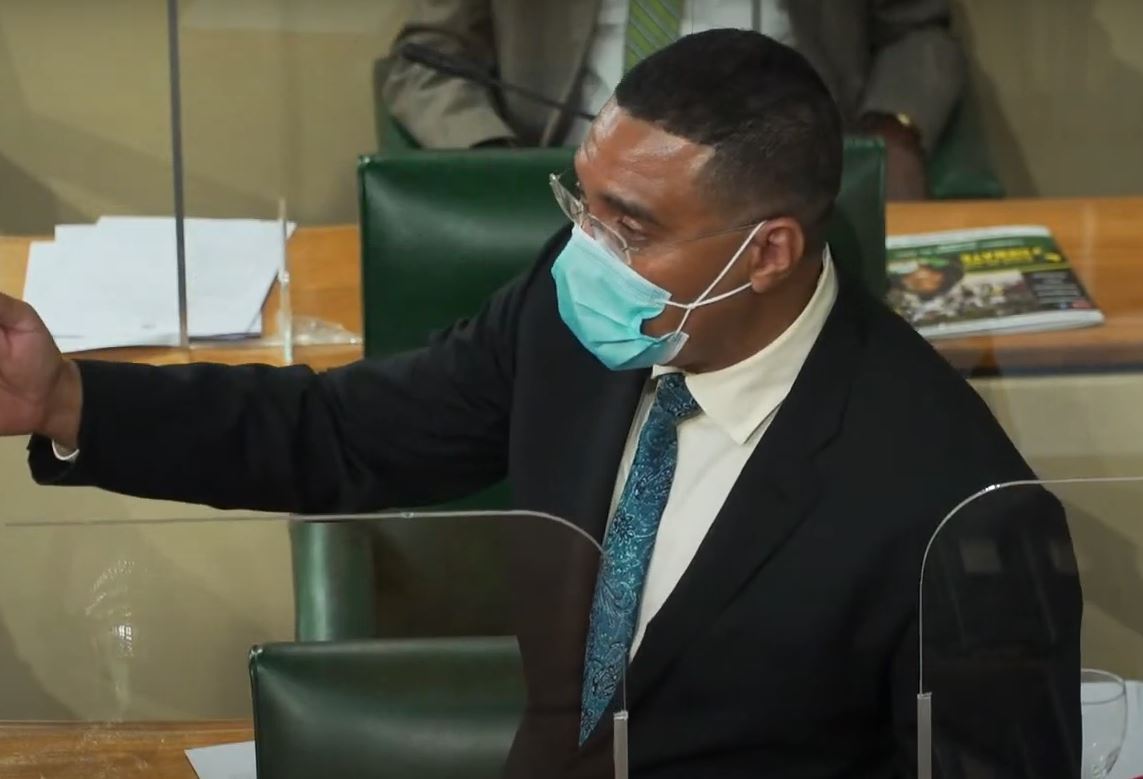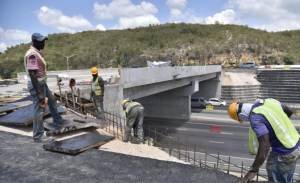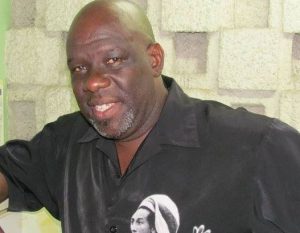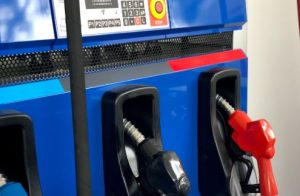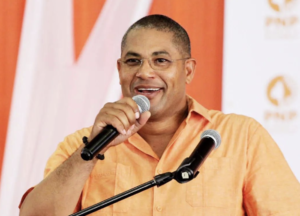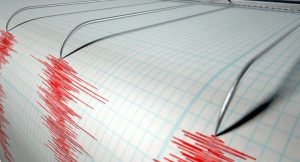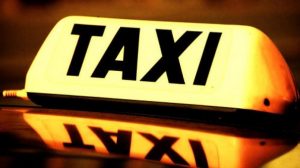Lockdown days are behind us, that’s according to Prime Minister Andrew Holness.
The Prime Minister made the announcement on Tuesday (October 26) during a sitting of the lower house.
While the scrapping of Jamaica’s lockdown days was welcomed by the masses and the biggest item of news, Holness said a lot of other important stuff.
The Den is sharing 5 other noteworthy things from Holness’ speech.
Focus on COVID-19 taking away resources from other things; crime on the back burner until J’cans take the jab
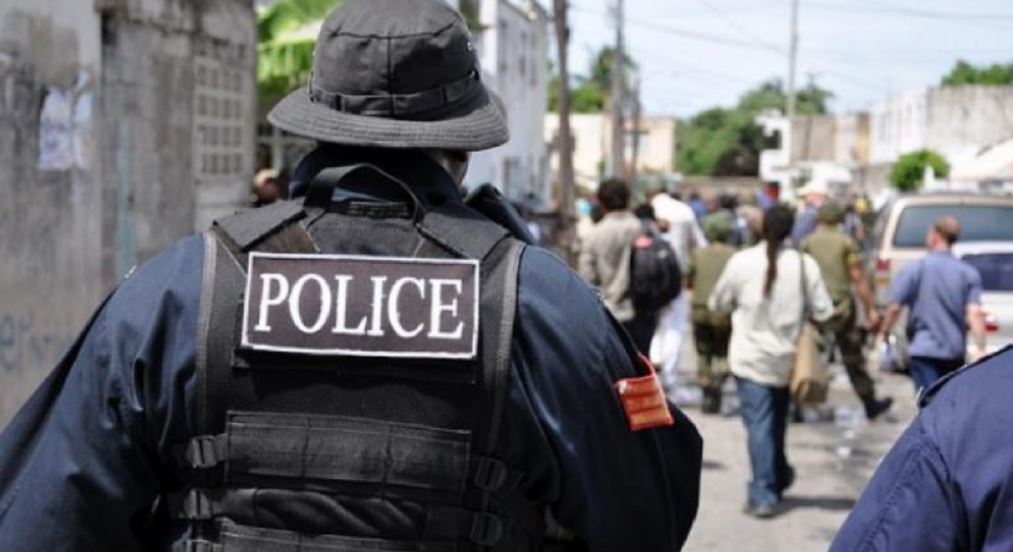
According to Holness the constant allocation of resources to the fight against COVID-19 has meant limited resources for other things.
Holness cited the issue of body cams, for his argument.
According to Holness, he is aware of some of the happenings in his constituency, namely a recent incident, in which party patrons took to social media to decry the treatment meted out to them by the police forces.
Holness said such an incident highlighted the need for body cams , which could not be purchased due to COVID-19 hoarding resources.
“As I tried to show that the absence of the body cams, which we budgeted, placed, ready to go, those funds have had to be totally diverted,” Holness said.
“The pandemic has had an impact on all spheres of our lives. And in order for us to get back to normal to address the crime to address the education system, all of those issues, we have to address vaccination, the low vaccination rates. And so I have been consumed, I will say, I have been consumed by this, putting in all the efforts to get the country up to a higher level of vaccination,” he added.
Disappointed in low uptake of the vaccine, says J’cans can’t just wait out the pandemic
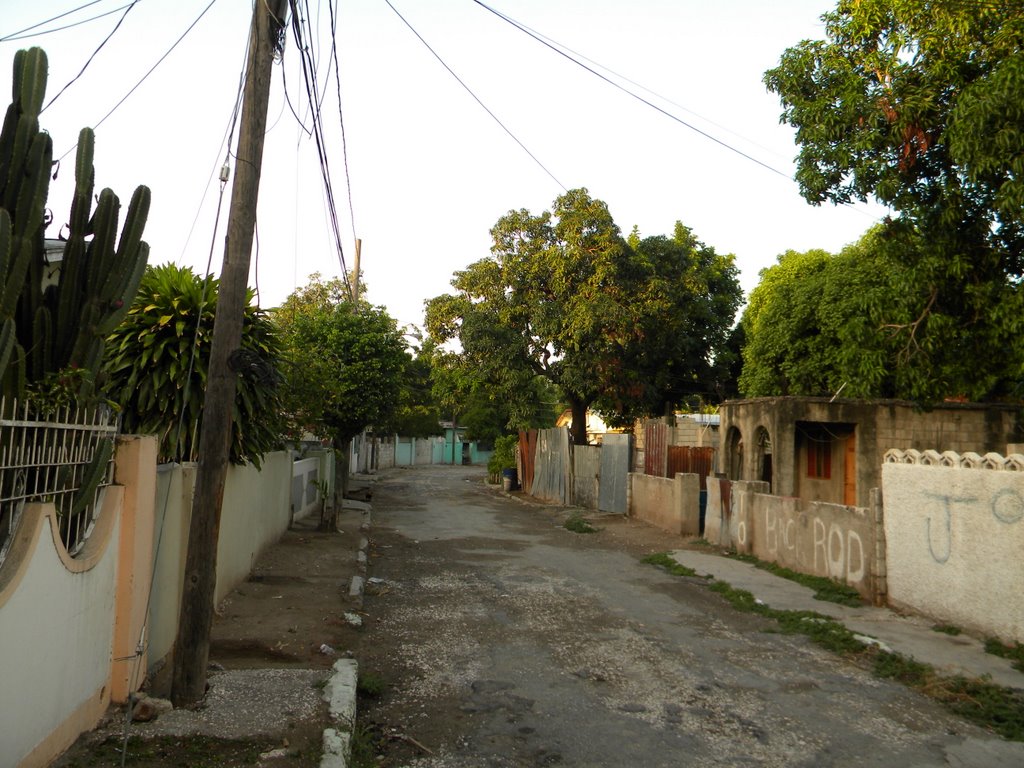
While disappointed in the low vaccine take up by Jamaicans, Holness said he was not surprised.
According to Holness, even prior to the rollout of the vaccines, data collected pointed to a high level of hesitancy.
“We expected from day one, that we would have a very high level of hesitancy which is why the Minister of Health in our planning, and in my discussions with him, set aside resources to tackle that through a public education campaign,” Holness said.
Holness went on to define hesitancy, adding that it wasn’t just mis-information but the hope among the population that they can just wait for the pandemic to pass.
“Our studies of the problem, indicated from early that there would be this hesitancy. It’s not hesitancy in the sense of, you know, hardcore objections. It is just hesitancy of persons not knowing, waiting to see, hoping that the pandemic will pass without them having to take it,” added Holness.
However, Holness says Jamaicans can’t just wait out the pandemic.
” I think that Madam Speaker, that, that is false hope,” said Holness,with many of his fellow colleagues banging the table in support.
“The pandemic will not pass unless there is a very high take up,” added Holness.
Low vaccine take up hindering return of the economy, Holness suggests investors in BPOs may flee
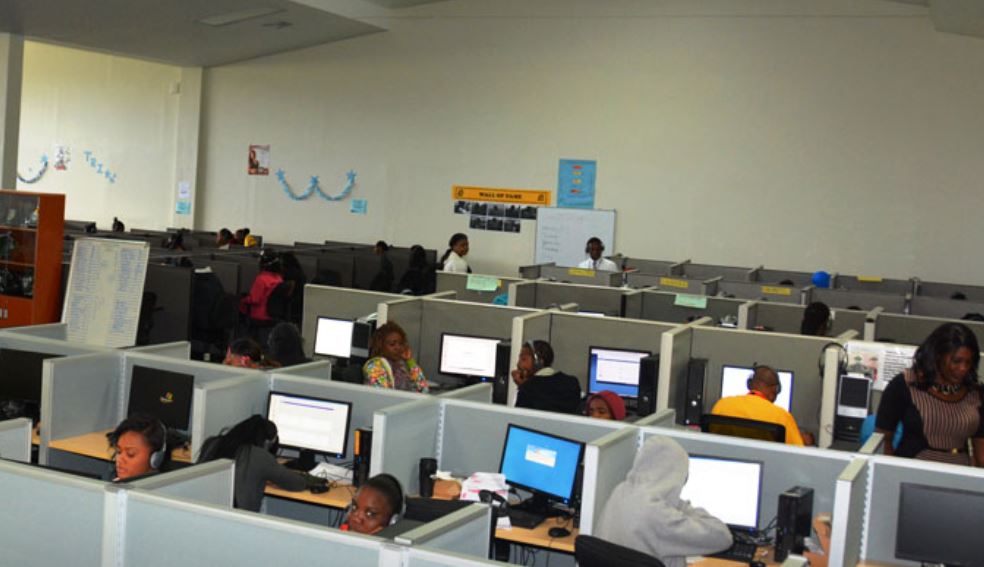
Holness said he was off the opinion that Jamaicans had not yet made the connection between getting the jab and the return of the economy.
According to Holness, many countries with high vaccination rates had reopened.
He also hinted that if more Jamaicans didn’t take the jab their was the risk of capital flight, making reference to the Business Processing Outsourcing sector (BPOs).
“Whilst the Jamaican citizens has not yet made the connection between vaccination and the economy. Which they will soon realise very quickly, that economies that are vaccinated, they have started to reopen their economies rapidly,” Holness said.
“And what they’re saying is that if you want to come and visit and participate in my economy, you will have to be vaccinated. But more than that, Madam Speaker, the cost of these measures are significant. I give you one industry, for example, for us to have kept the BPO industry open during the pandemic, we had to put in place significant measures,” added Holness.
According to Holness, an unvaxxed Jamaica will threaten competitiveness .
“Madam Speaker, these measures would have seen us facilitating work from home. But speaker that is going to severely impact very soon, the cost structure. Because countries that were in lockdown, and didn’t put in the measures, we did, yes, they were impacted, and they had significant costs. But those countries who are competitors in this space, they got their people vaccinated, and so their workers are going back to work,” he explained
“The cost differential between Jamaica and its protocols, and our competitor countries with their vaccinated workforce is going to make Jamaica, the competitiveness of Jamaica, will be brought into question,” he added.
Shares knowledge on the history of pandemics, Holness talks Cholera
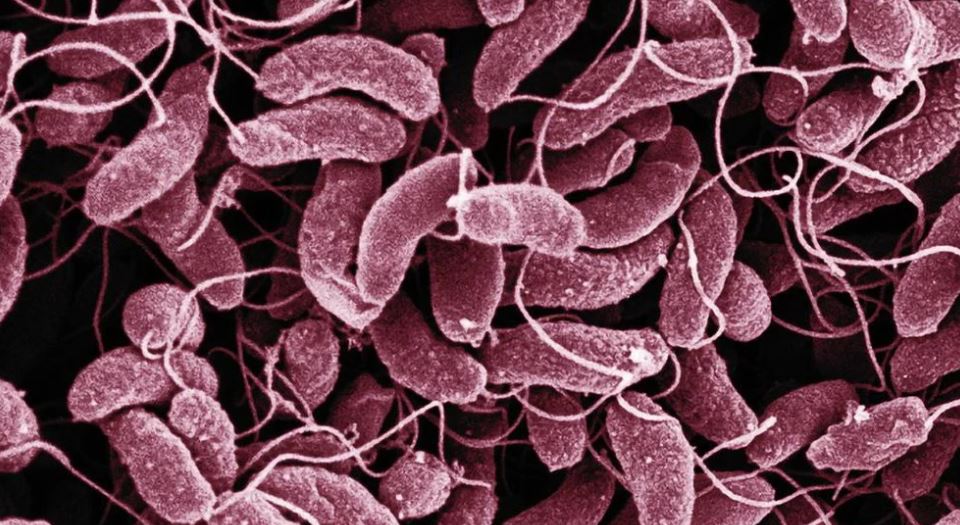
While Holness made it clear he could not say when the pandemic would end. He shared with the house what he called the “cold, hard facts” about how the pandemic would end.
” I can’t give a date, I don’t have an answer for that,” said Holness, making reference to the question of when the pandemic would end.
“But what I can tell you is how the pandemic can end. The pandemic can end when the virus kills off enough people in the population such that it cannot reproduce and be a threat. That is the cold hard facts. That is how pandemics have ended in the past without vaccination,” added Holness, whose statement was greeted by laughter from at least a few of the colleagues on his side of the aisle.
Holness’ went on to share a history lesson, citing the Cholera outbreak in the 1850s.
“In the 1850s, we had a cholera outbreak. It killed a 10th of the population at the time. And you can go back in history and see when there were outbreaks of other dangerous diseases, the level of death. So that’s one way the pandemics end- that’s the natural way,” taught Holness
“Another way to look at it. The pandemic ends when everybody gets the natural immunity; meaning that they have been exposed to the virus, the natural way. So in those days, people did not understand about wearing of masks, social distancing and so forth. So people get sick and it was basically survival of the fittest,” he added.
Holness talks forward planning for the endemic stages of COVID 19
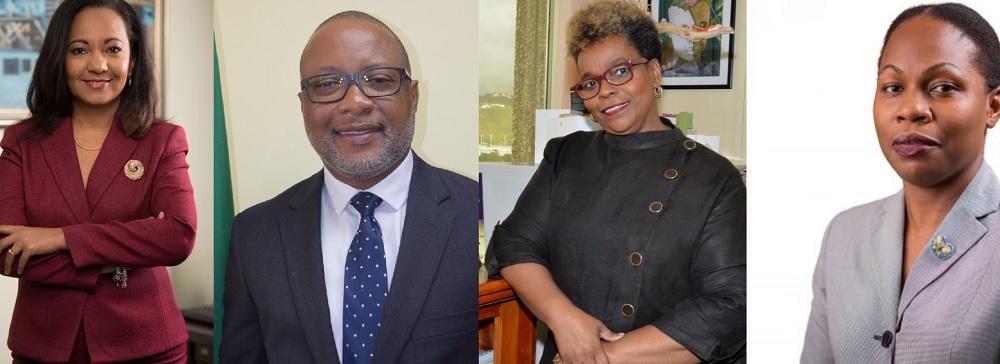
While not saying when the pandemic would end. Holness seemed to suggest that at some point the COVID-19 virus would become endemic.
A disease is described as endemic when it continues to be present within a given geographical area but its impact is manageable.
Holness told the house that in anticipation of the end of the work from home order on December 9, permanent secretaries were to begin collecting aka ascertaining the vaccination status of workers.
Holness suggested that the vaccination status of workers would be critical for the management of the disease in the endemic stage of the virus.
“Madam Speaker, the existing work from home directive in the public sector remains in place until December 9 2021. As a precursor to returning to work, permanent secretaries and heads of agencies must put in place measures to ascertain the vaccination status of staff in the public sector to facilitate risk assessment and planning, said Holness.
“This is to help us plan for the endemic stage of the management of the disease,” he added.

